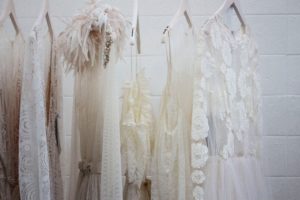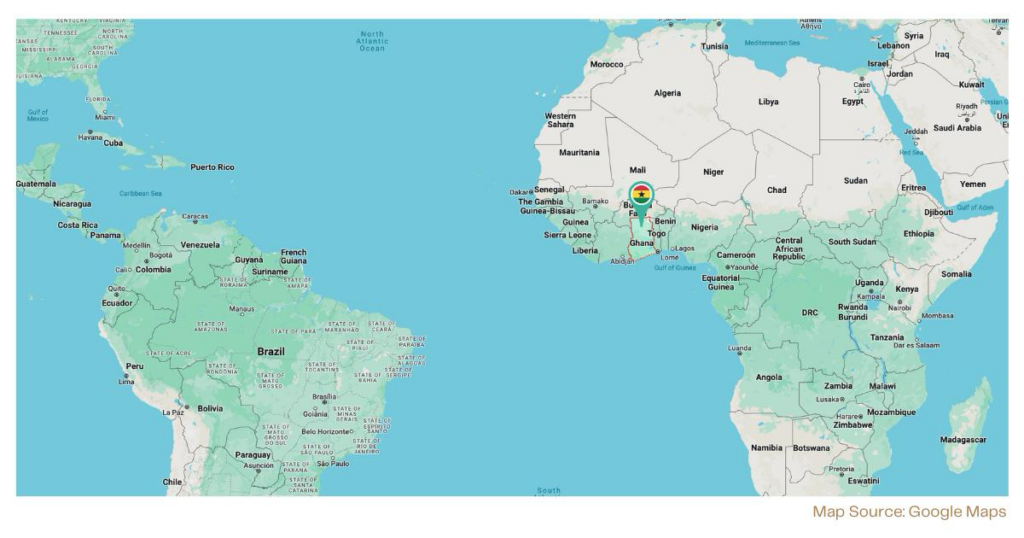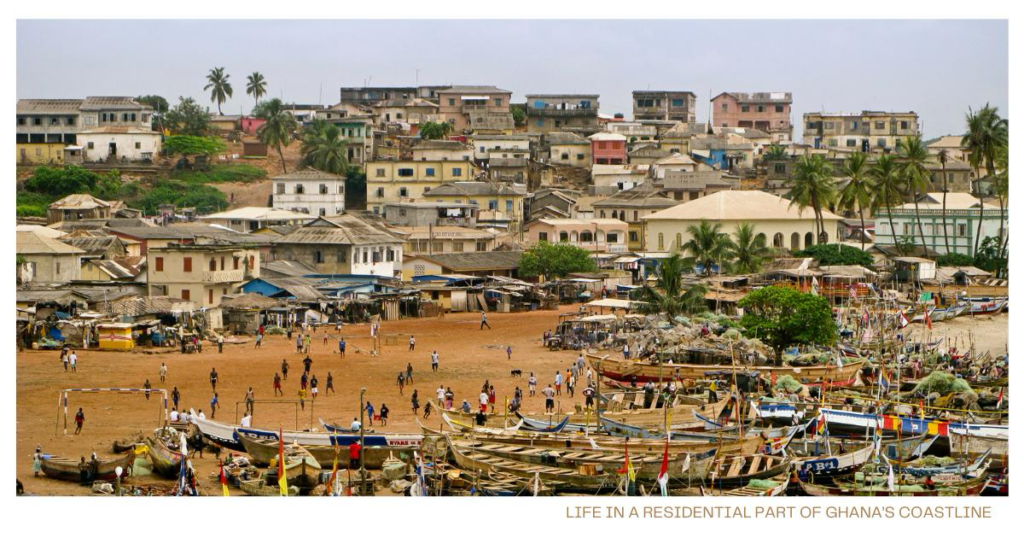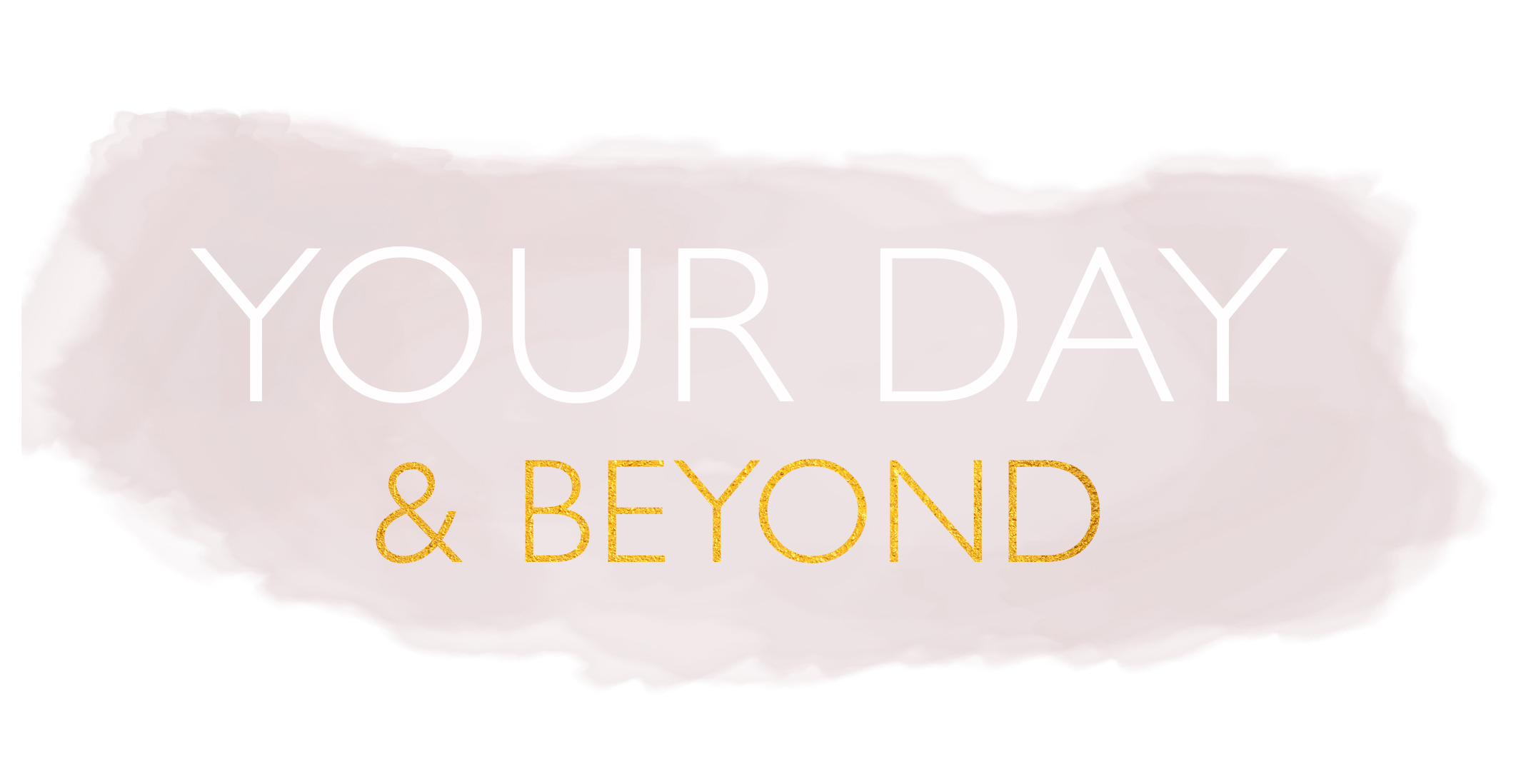DO YOU KNOW THE DIFFERENCE?
How to determine which vendors to hire for your wedding day and which vendors are the right fit for your wedding is something you’ll want to take your time doing. What’s important to remember is starting your search as early as possible because if you hire the wrong vendor you’ll be very disappointed in more ways than one.
Todays weddings are full blown productions that require coordinated logistical planning and budget management. Which is probably the reason why more and more couples are choosing to hire a Planner to help them coordinate and manage everything.
What’s the role of a Wedding Designer and Wedding Planner?
To the average person, the role of a Wedding Designer and Wedding Planner seem to be one in the same but they’re not. With more and more novice people entering into the wedding industry claiming to be seasoned professionals, the lines are getting even more blurred. It’s no wonder that so many people get the two roles confused. To set the record straight, here is a breakdown of both roles.

The Wedding Designer
A Wedding Designer is typically trained in or has a background in design. Most Wedding Designer’s have a background in floral, interior design or styling and they partner with you to assist you in designing the overall look of your wedding. Wedding Designers are experts in creating the experience for your guests by cohesively combining design elements that evoke certain emotions and feelings.
A Wedding Designer is skilled in creating the atmosphere for the experience by combining design elements such as color palettes, floral, lighting and textiles. A creative and talented Wedding Designer knows how to create and infuse design that appeals to your senses of hearing, taste, touch, smell and sight. Wedding Designers also collaborate creatively with other wedding professionals such as your bartender, caterer, entertainment and stationary vendors to expand and maximize the guest experience through the element of design.
Wedding Designers like Wedding Planners are typically well connected in the industry and have a list of industry friends and vendors that they regularly network with and do business with to create and design weddings. Some Wedding Designers may also serve in the role as the Wedding Planner because the tasks involved with creating and designing a wedding naturally vacillates between the two different roles because of the logistics involved in designing and styling a wedding.
The Wedding Planner
The Wedding Planner’s role is focusing on managing the budget and logistical tasks associated with your wedding to ensure everything runs smoothly. A few primary functions of the the Wedding Planner is to assist the couple in developing their budget, tracking spending, keeping everything organized and on track.
Additional functions of the Wedding Planner are negotiating vendor contracts to get the best deals for their clients, vetting quality vendors, scheduling and attending meetings and creating the logistical timelines. Your Wedding Planner works closely with vendors on your behalf to maximize your budget and minimize mishaps that are typical of events,
Seasoned Wedding Planners are generally very well connected in the industry and have built mutually beneficial relationships with professionals who service the wedding industry. Some Wedding Planners also have some basic design experience and can lend their expertise for smaller scale designs but will normally assist you in hiring the right vendors to help you bring your vision to life.
Lastly, there’s the role of the Wedding Coordinator and how they fit into the scheme of everything.

The Wedding Coordinator
The Wedding Coordinator’s role is to keep everything moving according to the time constraints and activities associated with your wedding day. An experienced Wedding Coordinator typically starts working with couples 4 to 6 weeks before their wedding day to help tie up the loose ends and to make sure everything runs smoothly.
A lot of novice Wedding Coordinator’s book clients for “day-of” coordination services which is not very realistic or practical for the couple. Due to all the moving parts and logistical demands that occur two to three months before the wedding date, the ideal time for a Wedding Coordinator to step in is within that window of time and not the day of the wedding.
The Wedding Coordinator’s role is to get up to speed quickly on all the planning activities that have been done, particularly those activities that are dictated by vendor contracts. Many venues offer couples a Wedding Coordinator as part of their service packages but their role may or may not be that of a Wedding Coordinator in the typical sense of the word.
Venue Coordinators do not dive into the details of your wedding like a Wedding Designer, Planner or Coordinator. The venues Coordinator role is normally to coordinate the ceremony and coordinate setup and breakdown tasks. If you plan to use the venues Coordinator, you should verify exactly what that role will entail as it relates to your wedding and the attentiveness that you will be given on your wedding day.
Hiring The Right Vendor Is Worth The Investment!
Whether you’re a very detailed and organized person or one who has no clue how to organize an event, you will benefit from the services that a professional planner can offer you. Out of all the things that most couples say they regret about their wedding day, one in particular is “not hiring” a Planner to help them.
It’s worth the investment to hire a Planner because of 3 reasons:
- Industry knowledge and experience
- Industry connections and relationships
- You have a busy lifestyle and don’t have the time to adequately research and plan
Have a comment or question? I’d love to hear from you about how your wedding planning is going so drop a comment.




